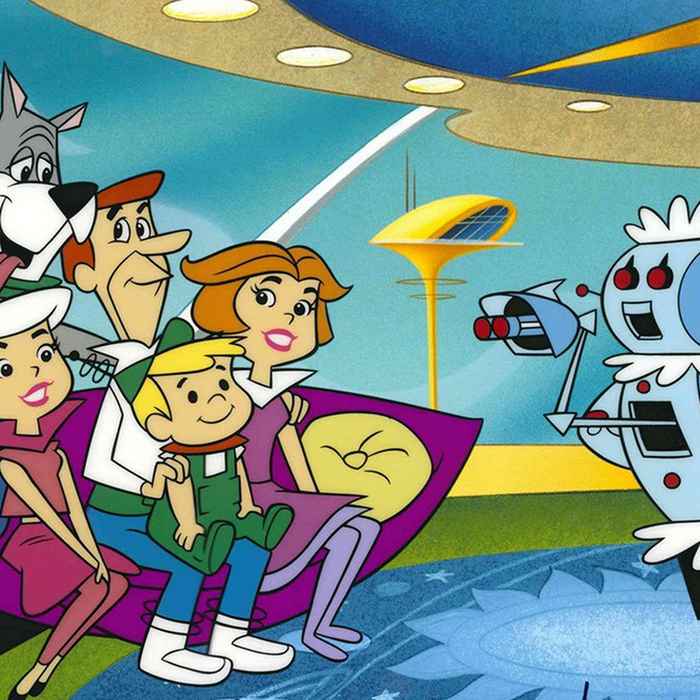In Rosie We Trust…how are families using virtual assistants?
1 May 2020

Virtual assistants (VA) are software programmes that use artificial intelligence (AI) to understand voice commands and carry out tasks for their users. These VAs are becoming more accessible to people all around the world. For many of us, the introduction of Apple's Siri smartphone interface will have marked the first time we interacted with a virtual assistant. However, the subsequent spread to physical devices such as the smart Google Home speaker helped achieve greater accessibility and adoption. According to current estimates, over 1.8 billion people will be using VA by the year 2021. Voice control offers a growing number of potential applications, and we might soon have the option of transforming our entire household into a voice-controlled smart home.
VA in families
As virtual assistants come to play an increasingly central role in our households, children are also gaining access to this form of AI. However, we still lack knowledge as to how families with children are using VA. 'It's still unclear whether virtual assistants will have a positive or negative impact’, explains UvA communication scientist Jessica Piotrowski. 'In that light, it's actually quite surprising just how little research is currently being done around the world.'
The four-year 'In Rosie We Trust? Virtual Assistants in Families' research project will see Piotrowski and fellow communication scientists Theo Araujo and Annemarie van Oosten study the use of virtual assistants in families. The project name is a reference to 1960s TV classic The Jetsons. The animated series revolved around a family that depends on robots, including their maid Rosie, who helps the children with all sorts of activities. 'Less than fifty years since the series was originally broadcast, many families now basically have access to their very own Rosie in the form of a virtual assistant', Piotrowski explains the project name.
The research questions
The ‘In Rosie we trust’ project revolves around the following key questions:
- How do families arrive at the decision to use VA, and what factors play a role in this decision-making process?
- How do families use and interact with VA in their daily lives?
- How can we best promote the smart and well-informed use of VA?
'Children are quick to embrace new technologies, and are far more likely to 'befriend' social robots. We hope the results of our research can help us offer families useful tips for dealing with virtual assistants in their family’, Piotrowski explains.